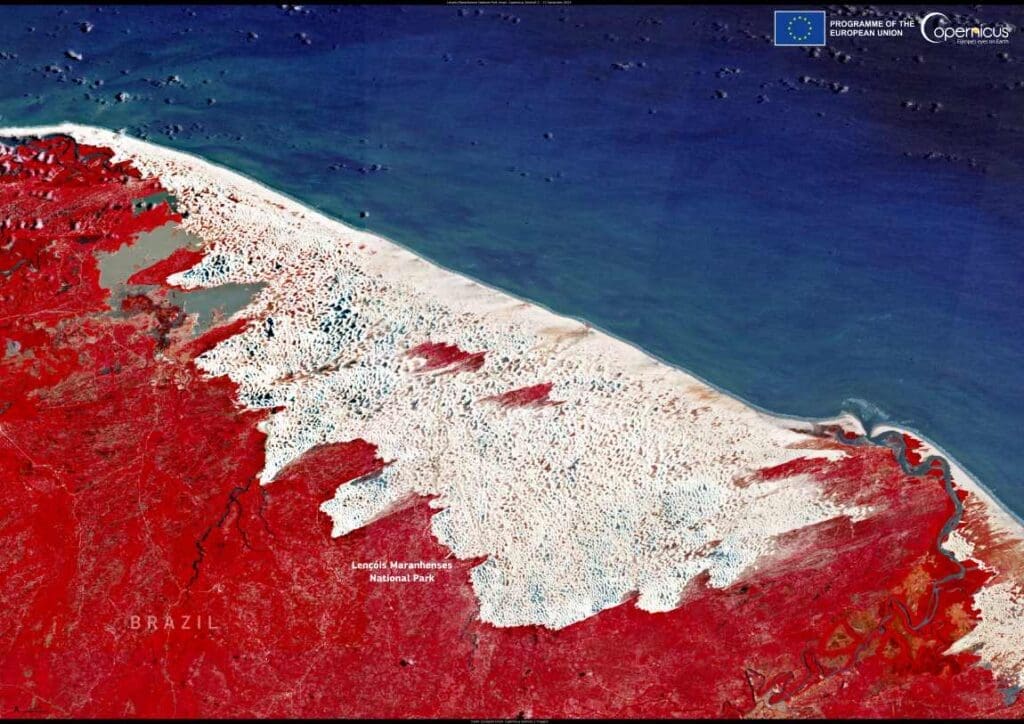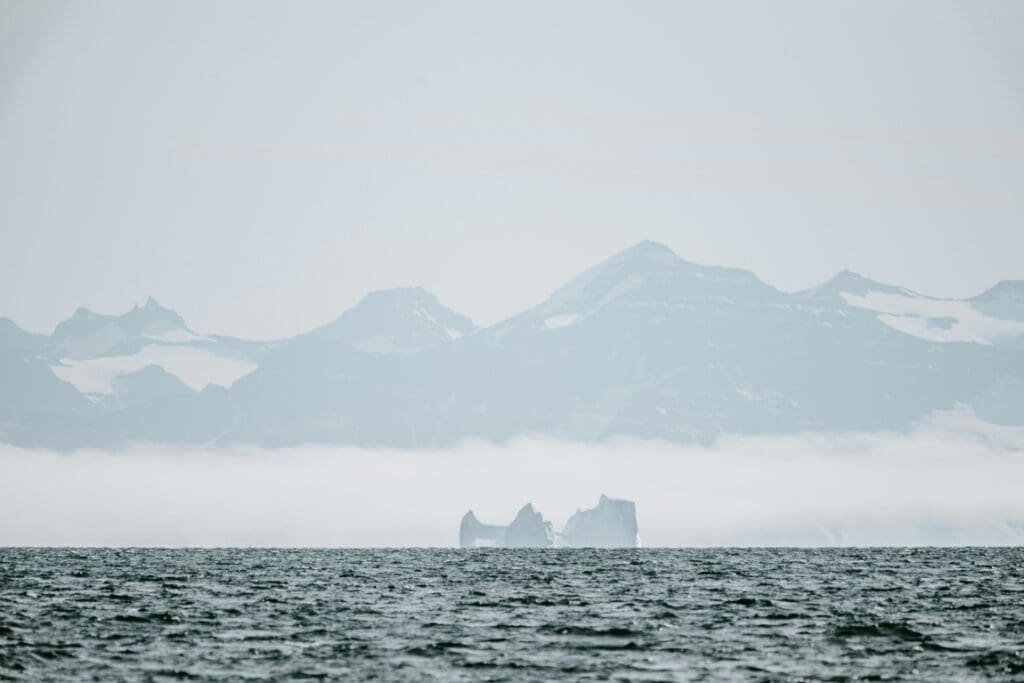The University of Illinois Urbana-Champaign is set to host the International Climate Computer Summit from September 29 to October 2, 2024, bringing together over 100 experts in climate science, Earth System Modeling (ESM), computing and other sectors.
Organized by the National Center for Supercomputing Applications (NCSA) and the Department of Climate, Meteorology & Atmospheric Sciences (CliMAS) at the University of Illinois, the NSF National Center for Atmospheric Research, the University of Maryland, Berkeley Lab, the Max Planck Institute for Meteorology, the University of Utah and the Pacific Northwest National Laboratory, the summit will explore the development of cutting-edge computational systems to support climate projections and decision-making on a global and regional scale.
Led by Professor of Atmospheric Science Kelvin Droegemeier, the summit’s ambition is to create kilometer-scale global resolution in Earth system modeling and climate projection. This detailed scale of climate information could provide vital insights for decision-making in critical sectors like infrastructure, health, biodiversity, and global geopolitical stability.
Droegemeier explained the potential of combining advanced ESMs with artificial intelligence and machine learning to enhance climate predictions. However, achieving this vision requires a new, specialized computational environment, which does not yet exist.
“We believe it can be created if the international climate research community joins forces in ways it never has before,” said Droegemeier, emphasizing the need for global collaboration to push the boundaries of current research strategies.
NCSA’s existing supercomputing resources, including its Blue Waters and iForge systems, have already contributed to significant climate research. Bill Gropp, NCSA Director, highlighted the organization’s long-standing role in solving environmental challenges through collaboration with climate researchers. He noted that the summit offers an opportunity to showcase innovative high-performance computing solutions designed for large-scale climate modeling.
The summit, sponsored by the National Science Foundation, will feature plenary sessions live-streamed globally, allowing virtual attendees to engage with the discussions. By harnessing the power of supercomputing, the summit aims to advance Earth system science and support critical climate decision-making across sectors worldwide.
Article Source:
Press Release/Material by National Center for Supercomputing Applications | University of Illinois Urbana-Champaign
Featured image credit: rawpixel.com | Freepik




